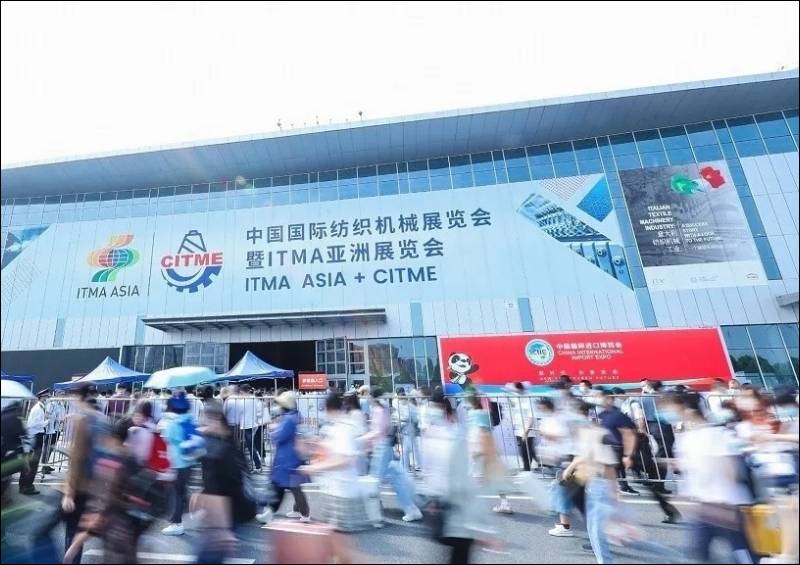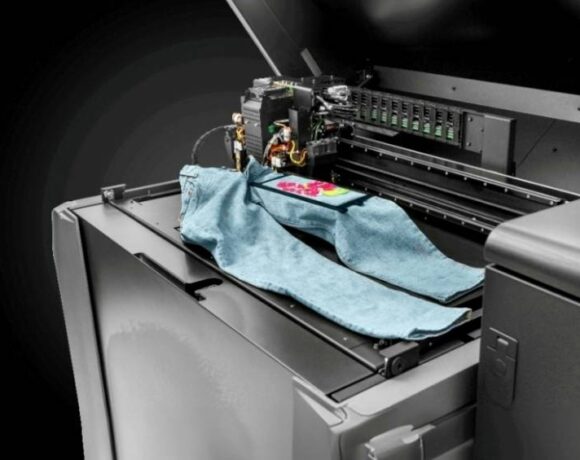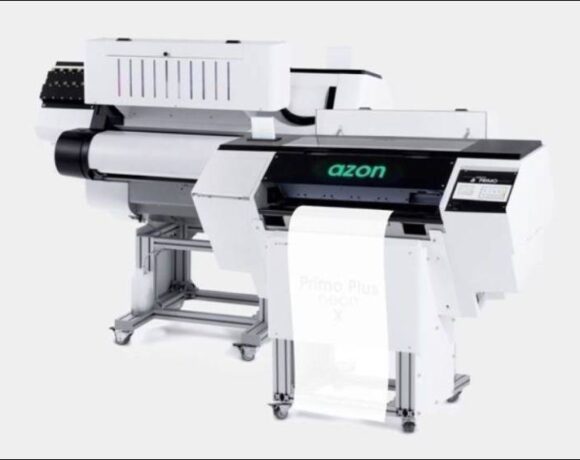Swiss Machinery Firms Focus On Sustainability At ITMA Asia

15 Swiss textile machinery companies are showcasing their latest, innovative and more important, sustainable technologies at the upcoming ITMA Asia.
“In China, the textile industry is forward-looking and resilient, with a healthy appetite for new technologies and a determination to keep its leading position,” Swiss Textile Machinery Association (Swissmem) said in a press release.
“Sustainability is increasingly coming into focus, so there is a growing demand for recycling technologies, as well as automated solutions and digitalisation,” the association added.
“China is the main market for a large number of our association members. Swiss companies realised many years ago that geographical proximity is the key to success and so set up offices in China,” Cornelia Buchwalder, Secretary General of Swissmem said.
Stäubli set up offices in Chinese cities since 1998 and has 12 locations today, to serve the whole country. In 2002, Itema established a centralised local branch which today has 160 employees in various functions.
Loepfe has expanded its presence by creating an independent local business unit to overcome the 9,000 km distance by air, while Uster Technologies has had a Chinese subsidiary since 1982, with offices and service stations in different provinces.
Luwa set up its offices and workshop in Shanghai in 1997. Rieter established a presence in mainland China in 2005, driven by a strong commitment to expanding the country’s know-how and expertise – and ten years later opened an advanced research center.
“We are firmly committed to delivering the cutting-edge technology and textile expertise to help the Chinese spinning industry stay at the forefront of innovation,” says Thomas Oetterli, CEO Rieter Group.
All Swiss companies with serious business goals in China have made similar commitments to connect with customers and maintain strong relationships.
“Geographical proximity allows the companies to adopt a strong customer-centric approach and provide more effective local installation support, training, and field services to customers,” says Frank Naef, Head of Marketing, Loepfe Brothers.
Swiss companies also understand that Chinese customers require dedicated attention, and that speed is more essential than ever in delivering both machines and services. China’s move towards self-sufficiency is a continuing trend.
Stäubli has developed local products for the Chinese market and built long-standing partnerships with many local companies.
“The technical development of the partners goes hand in hand with our local competence, which we have built up in Hangzhou over the years,” says Fritz Legler, Textile Marketing Officer at Stäubli.
“Businesses are adopting more energy efficient processes and technologies to meet stringent energy conservation and emission reduction targets,” says Peter Schnickmann, Managing Director at Luwa Air Engineering (Shanghai).
He notes an investment trend for solutions helping Chinese companies cut operational costs and minimise their carbon footprint.
“China is an important business partner for Benninger demanding salt-free dyeing solutions, water consumption figures and modern dispensing systems,” says Rolf Erik Schoeler, Head of Sales & Marketing at Benninger Group.
“We will take the occasion of the upcoming ITMA Asia in Shanghai to host an event sharing know-how and experience on technical fabrics,” says Matteo Mutti, Managing Director at Itema Switzerland.
“We are happy to have contributed positively to the successes and the reputation of Chinese textile products,” says Sivakumar Narayanan, Head of Marketing and Business Development at Uster Technologies.














